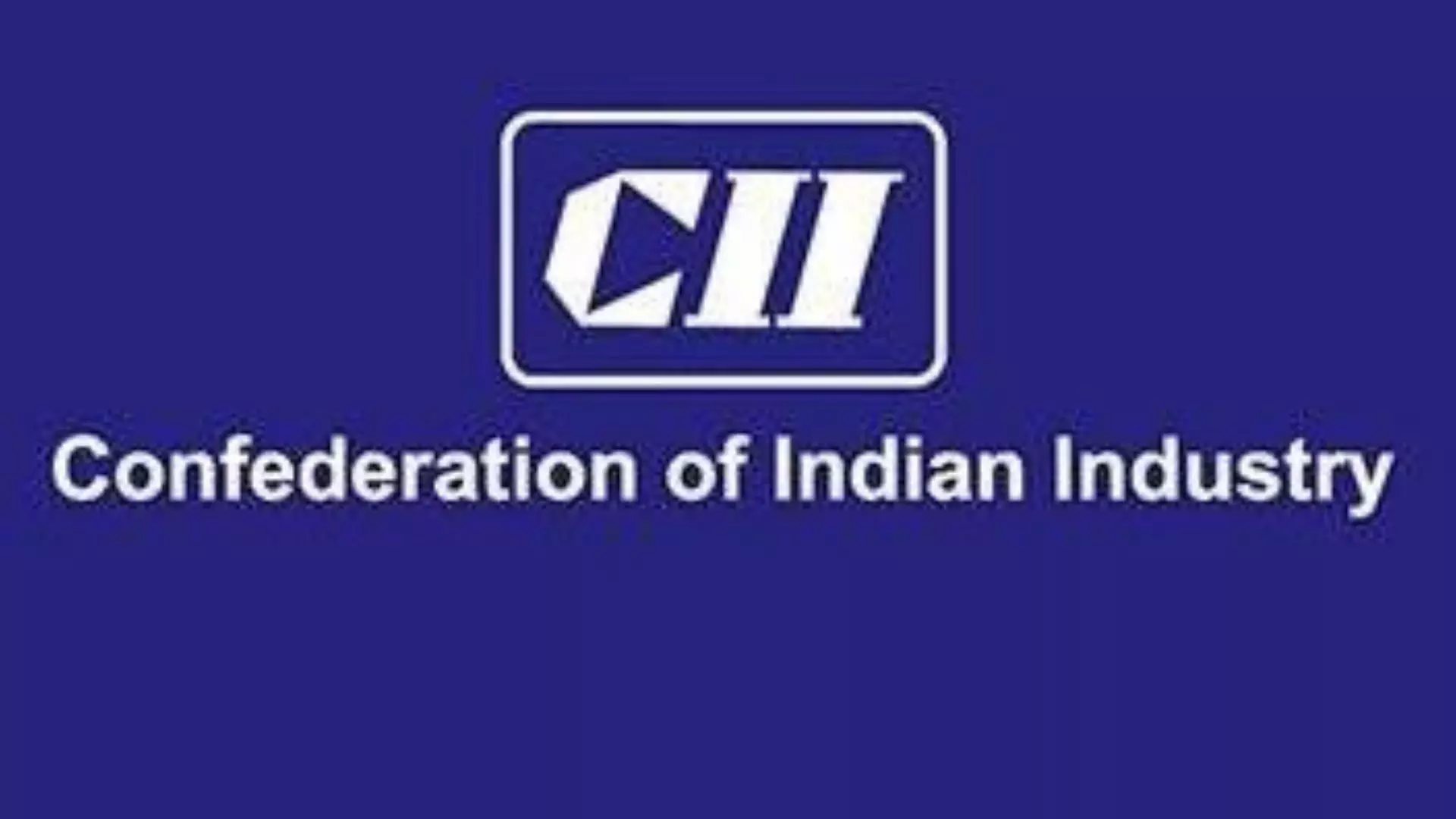CII Focuses on Boosting MSME Exports

To further unlock the potential of exports, there is a need for a common online portal for issues of circulars pertaining to various ports and locations,” said chairman of the CII national committee on EXIM Sanjay Budhia. (Image:
New Delhi: Leading industry body Confederation of Indian Industry (CII) on Wednesday said that it would focus on critical challenges which hinder manufacturing and export growth, especially in small business segments.
“Deeper integration into global value chains, enhanced digital trade infrastructure and a focus on building the competitiveness of micro, small and medium enterprises (MSMEs) will help India more than double its share in global trade from the present 2 per cent,” the CII said.
“The chamber is committed to working closely with the government to address critical challenges which hinder manufacturing and export growth. To further unlock the potential of exports, there is a need for a common online portal for issues of circulars pertaining to various ports and locations,” said chairman of the CII national committee on EXIM Sanjay Budhia.
Besides, there is also a need to adopt best practices being followed by developed countries and implement the customs authority on advance ruling Regulation, 2021 (CAARR) as it would contribute to reduction of global trade costs and bring certainty in duty liability. Measures need to be undertaken to strengthen the authorised economic operator programme,” Budhia added.
It has generated a lot of confidence in exporters reducing their time, which they are utilising more productively in their workplace. Further, to reduce litigation and make the refund process smooth when there is no dispute between the department and importer, refunds may be processed without the requirement of filing appeals with the commissioner appeals,” he said.
“These efforts will reduce double duty payment due to customs electronic data interchange system error, refund duty deposited, excess payment of duty due to error, refund arising out of the bonafide clerical error and short shipment and part shipment,” he said.
Aligning India's tax system with global best practices has improved the ease of doing business. “Many of India's trading partners, such as the European Union and Association of Southeast Asian Nations (ASEAN), have similar VAT-based tax structures, making it easier for Indian businesses to engage in cross-border transactions,” he added.
“The chamber is committed to working closely with the government to address critical challenges which hinder manufacturing and export growth. To further unlock the potential of exports, there is a need for a common online portal for issues of circulars pertaining to various ports and locations,” said chairman of the CII national committee on EXIM Sanjay Budhia.
Besides, there is also a need to adopt best practices being followed by developed countries and implement the customs authority on advance ruling Regulation, 2021 (CAARR) as it would contribute to reduction of global trade costs and bring certainty in duty liability. Measures need to be undertaken to strengthen the authorised economic operator programme,” Budhia added.
It has generated a lot of confidence in exporters reducing their time, which they are utilising more productively in their workplace. Further, to reduce litigation and make the refund process smooth when there is no dispute between the department and importer, refunds may be processed without the requirement of filing appeals with the commissioner appeals,” he said.
“These efforts will reduce double duty payment due to customs electronic data interchange system error, refund duty deposited, excess payment of duty due to error, refund arising out of the bonafide clerical error and short shipment and part shipment,” he said.
Aligning India's tax system with global best practices has improved the ease of doing business. “Many of India's trading partners, such as the European Union and Association of Southeast Asian Nations (ASEAN), have similar VAT-based tax structures, making it easier for Indian businesses to engage in cross-border transactions,” he added.
( Source : Deccan Chronicle )
Next Story

